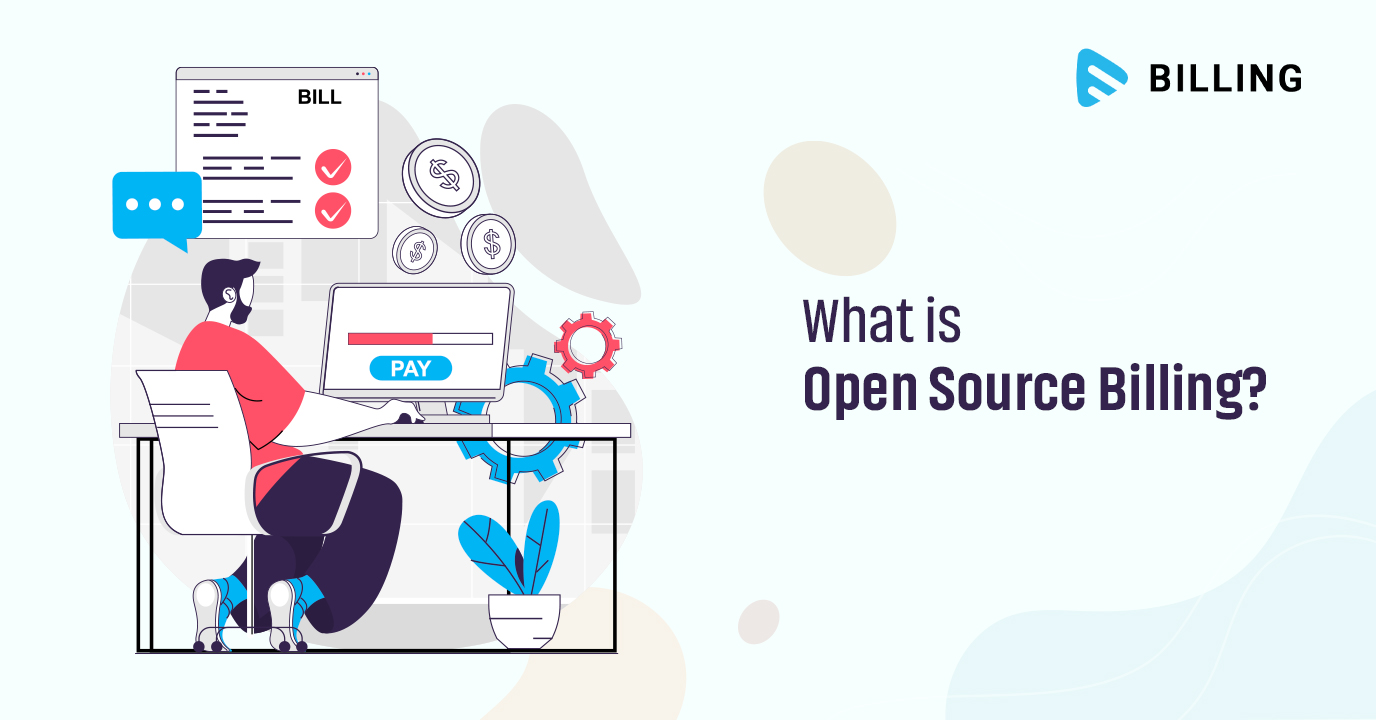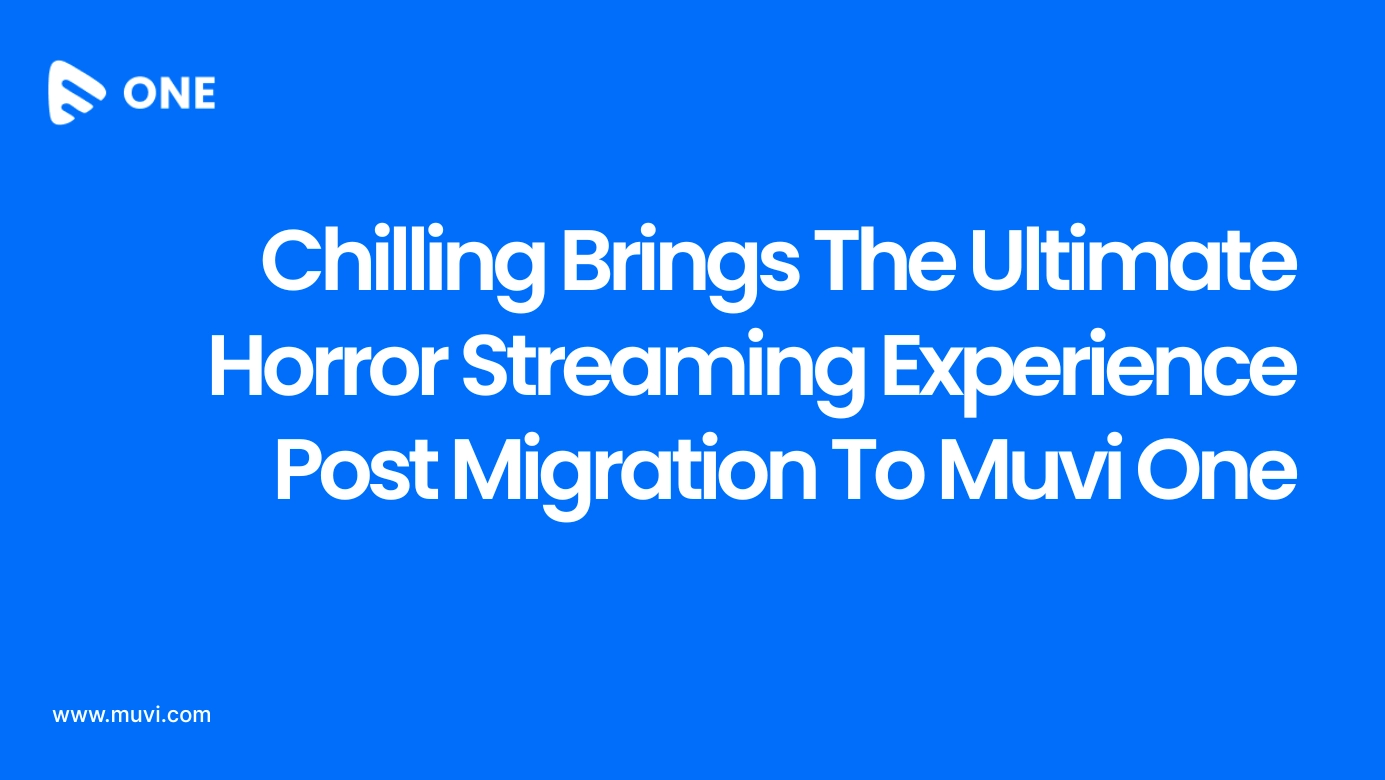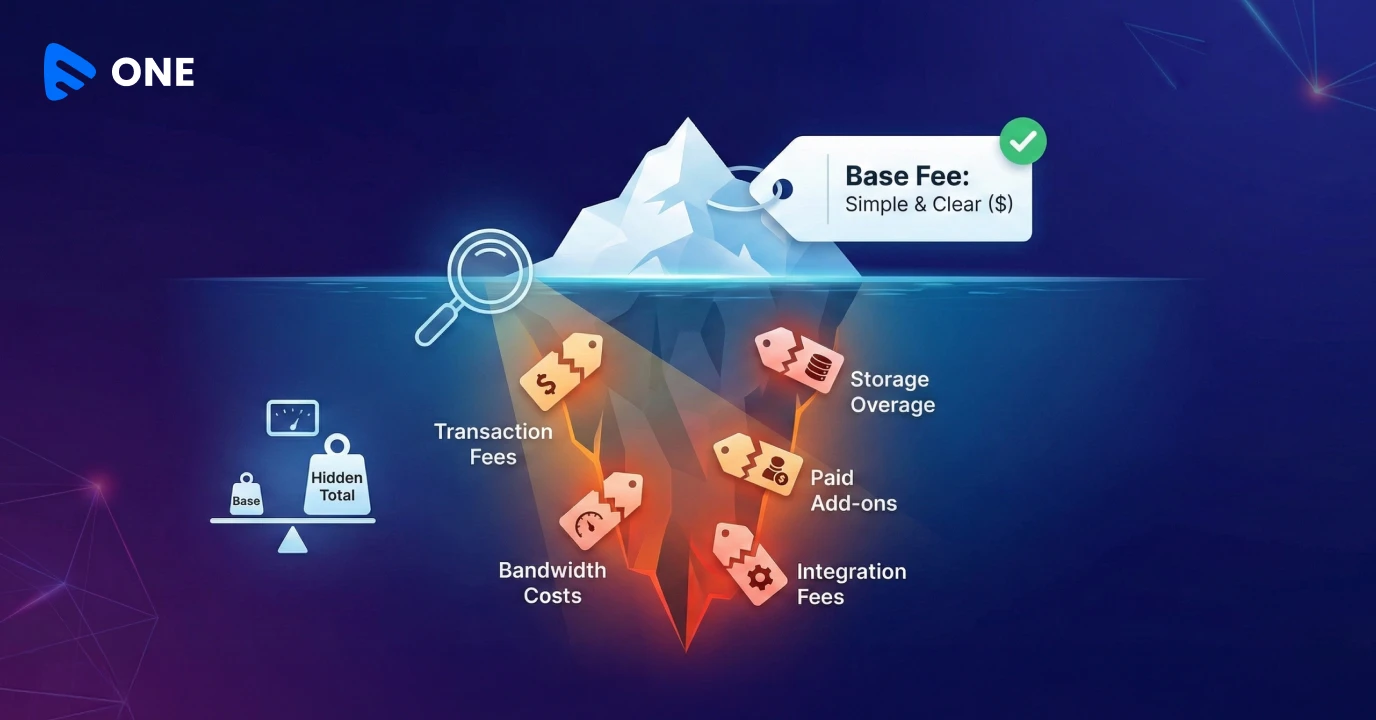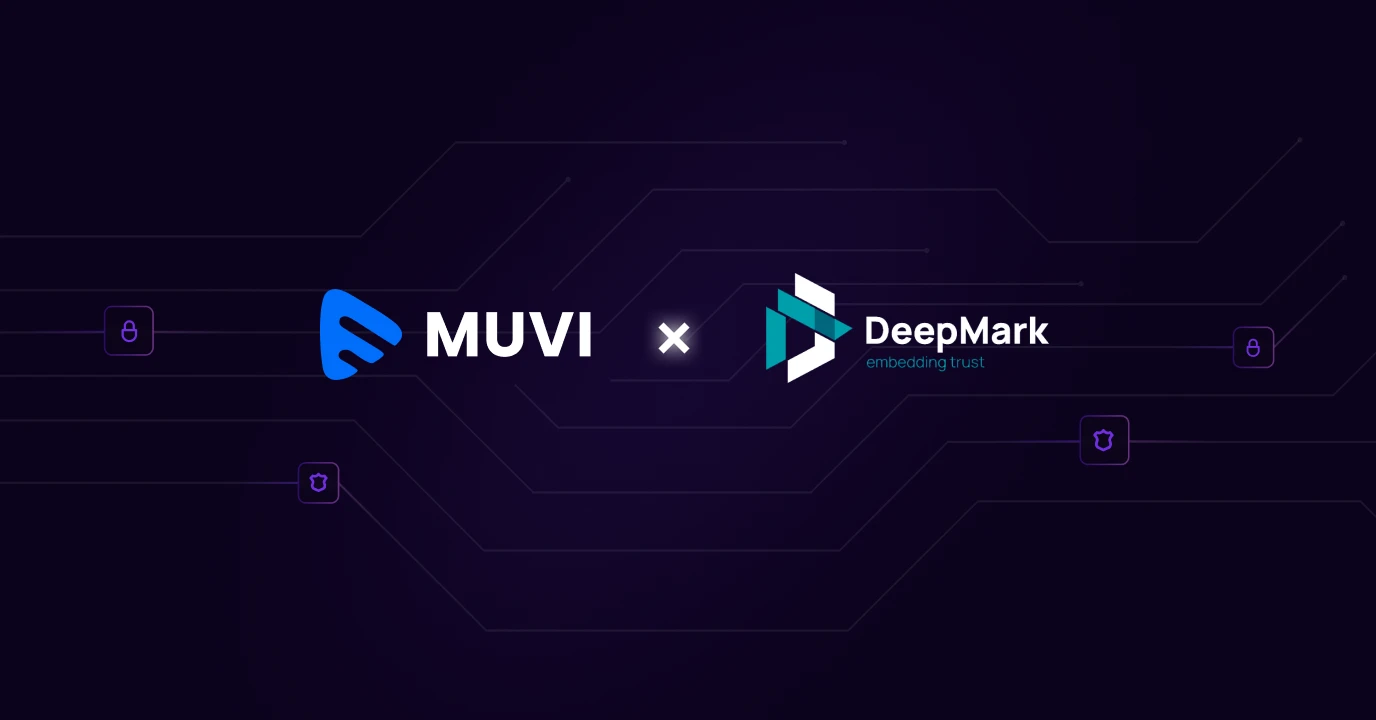Open source billing as the name suggests, is an open source, free-to-use billing and invoicing software that helps businesses to process payments, generate and send invoices online with other added benefits.
Open source billing is generally a go-to solution for the small businesses, freelancers or entrepreneurs due to several factors such as-
- Sometimes being free to use, these billing softwares are highly cost-effective and hence are widely adopted by companies in their nascent stages of development thus making it a suitable choice for the businesses that are not earning much profit or start-ups
- The free to use features take care of the basic requirements such as processing billing and creating invoices
- Users can access the source code and can thus exercise full control over their billing & invoicing activities
- Users can also benefit from it with its all-in-one solution for streamlining tax filings, automating payments, handling late or missed payments etc.
While many small to medium level businesses choose open source billing, most of the leading and growing businesses are more inclined towards automated billing systems which are not open sources.
Also Read: 5 Reasons to Choose Muvi Billing for Your Online Business
For any business it is important to know both the pros and cons of an open source billing software to make the right choice. Here are the top reasons why an open source billing solution may not be right choice for your business in the long run-
Limitations of an Open Source Billing System
Being an open and free to access billing software, customers are told to be self-reliant or dependent on other users when it comes to troubleshooting or resolving any queries. It is one of its main disadvantages as it is obvious that businesses may need some technical or other support at some point of their billing cycles.
While many of the businesses opt for open source billing in expectations of having full control and customization options, there are certain risks involved with it which often remain overlooked. There may arise situations where an open source billing software gets abandoned by its creator, implying no software updation, or fixes will be provided to customers who have adopted that software. This results in further complications and inconveniences or even software death which leave no other option than changing your billing system.

Open source billing systems can be apt for small businesses for the time being, but it may incur additional costs gradually. For instance, in order to scale or globalize your business, you may need add-ons, upgradation or fixation of your existing tool. And as such softwares don’t depend on any vendor chain, the inhouse implementation costs will be incurred including lengthy process cycles, staff training etc.
Billing system must be able to pace up with changing business requirements. And when it comes to open source billing, it often takes higher time and offers less flexibility due to its slow development pace. This results in longer cycles of implementation, updation or customizations, adding to the customers woes. Be it adding new payment gateways or integrating with a new third party solution, such billing systems often end-up creating additional overheads for you. Furthermore, for every update, you need to check for compatibility. And these altogether need a fair amount of technical knowledge or additional in-house team.
Not Suitable for Complex Billing Activities
Open source billing works well when your only concern is accepting payments and generating invoices. But in real time, billing activities are not just limited to this. Supporting multiple monetization models, setting up taxes, providing add-ons like coupons, vouchers, discounts to the end-users, customizing languages, currencies, & payment gateways – are some more features of an enterprise grade automated billing system. And open source billing systems often can’t accomplish these with smoothness.
Open Source Billing System Vs. Automated Billing System
So, now that we have seen the drawbacks of an open-source billing system, an option that users who are looking to scale their business can look at is automated billing systems, these come at a nominal cost but offer quite a lot of benefits-
Robust Security and Support
An automated billing system not only comes with robust security features for online transactions but also offers you after-sales support with future product updates, fixes or support to compatibility queries and/or issues. Furthermore, it is always a more secure option as you don’t need to worry about software death or abandoned software.
Helps Scale Up your Business
A majority of the top-rated automated billing systems have a wide variety in payment gateways, currencies, languages, and also taxes. Furthermore, they let you configure or customize those easily! No doubt that it helps in scaling your business up or globalizing your business. For open source billing tools, the same work may take longer and you have to deal with compatibility problems, coding, testing etc.
Reduced Cost in the Long Run
One of the perks of opting for a paid billing system is there are no additional charges in the long run. You don’t need to worry about paying extra for upgrading or implementing anything new, fixing any issues or taking more add-ons. Most of the paid billing systems have these solutions in-built and all you need to do is manage or customize those from your billing dashboard!
Suitable for all Complex Billing Related Activities
In a paid automated billing system, you can easily customize multiple monetization models, set up discounts, coupons, vouchers, and let your end-users change, or modify their subscription plans at any point of time.
Additionally, many such paid systems will offer you analytics and insights on your customer billing cycles, revenues and others. And this is why the growing businesses are adopting such billing systems instead of open source ones.
Unless your requirements are basic billing and sending invoices, adopting a paid automated billing system is the best for your business and its future growth.
Muvi Billing is such a robust automated billing system that stands out of the crowd by offering 40+ payment gateways support, recurring & subscription billing solutions, multiple monetization models support, tax configuration, analytics and many more!
Take a 14-day free trial today (without using your credit card)!
















Add your comment